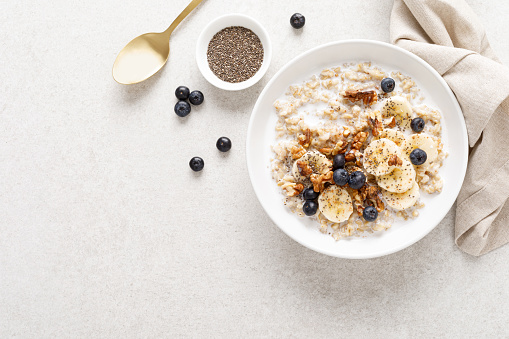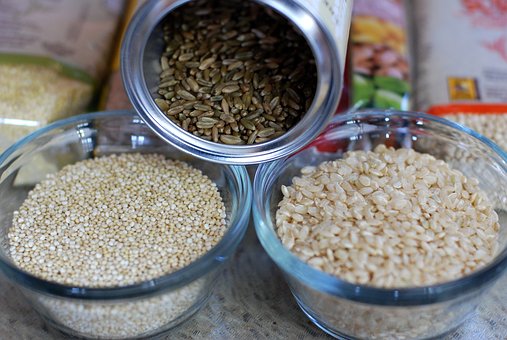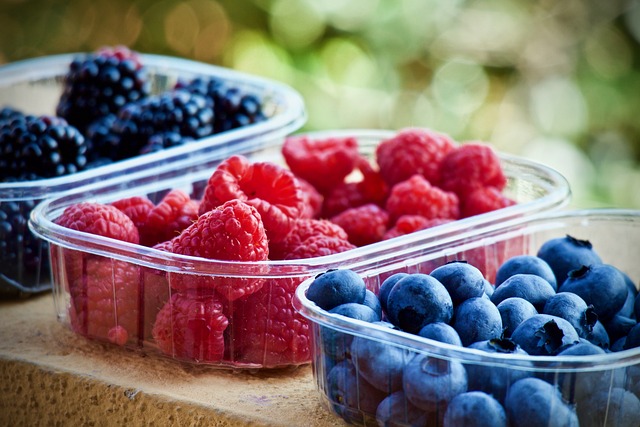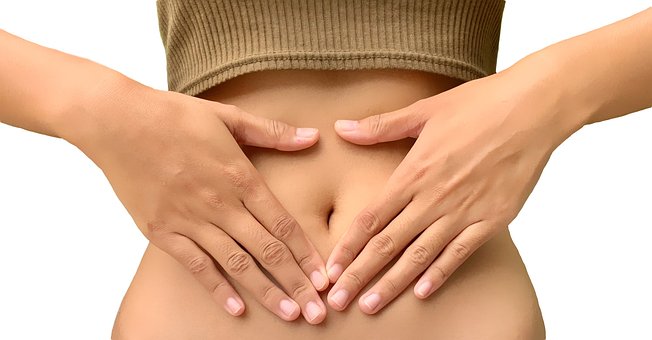Probiotics have been gaining popularity in recent years for their numerous health benefits, including improved digestion, immune function, and mental health. However, what many people don’t realize is that probiotics aren’t the only key to a healthy gut. Prebiotics, which are non-digestible fibers that promote the growth of beneficial bacteria in the gut, play a crucial role in supporting probiotic health. In this blog post, we’ll take a closer look at the role of prebiotics in supporting probiotic health and how you can incorporate them into your diet.
What Are Prebiotics?
Prebiotics are non-digestible fibers that promote the growth of beneficial bacteria in the gut. They are found in a variety of foods, including fruits, vegetables, and whole grains. Prebiotics are not broken down by the body, but instead, they travel to the colon where they are fermented by the gut bacteria. This fermentation process produces short-chain fatty acids, which provide energy for the colon cells and help reduce inflammation in the gut.
The Relationship Between Prebiotics and Probiotics
Probiotics and prebiotics work together to support a healthy gut microbiome. Probiotics are beneficial bacteria that help improve digestion, boost the immune system, and support mental health. Prebiotics, on the other hand, feed these beneficial bacteria, helping them thrive and multiply. This symbiotic relationship is crucial for a healthy gut microbiome and overall health and well-being.
The Benefits of Prebiotics for Probiotic Health
Prebiotics can have a positive impact on probiotic health in a range of ways. Here are some of the ways that prebiotics can benefit probiotic health:
1. Improved Gut Microbiome
Prebiotics can help support a healthy gut microbiome by providing food for beneficial bacteria. This can help improve the diversity of the gut microbiome and improve overall gut health.
2. Enhanced Probiotic Function
Prebiotics can enhance the function of probiotics by providing them with the nutrients they need to thrive. This can help improve digestion, boost the immune system, and support mental health.
3. Reduced Inflammation
Prebiotics can help reduce inflammation in the gut by promoting the growth of beneficial bacteria. This can help reduce the risk of chronic diseases and improve overall health and well-being.
4. Improved Nutrient Absorption
Prebiotics can help improve nutrient absorption by supporting a healthy gut microbiome. This can help improve overall health and reduce the risk of nutrient deficiencies.
The Best Prebiotic Foods
There are many different types of prebiotic fibers, and choosing the right ones can be overwhelming. Here are some of the best prebiotic foods to incorporate into your diet:
1. Chicory Root
Chicory root is one of the best sources of prebiotic fibers, containing up to 65% prebiotic fiber. It can be used as a coffee substitute or added to recipes for extra fiber and nutrition.
2. Jerusalem Artichoke
Jerusalem artichoke is another excellent source of prebiotic fibers, containing up to 31% prebiotic fiber. It can be roasted, mashed, or used in soups and stews.
3. Dandelion Greens
Dandelion greens are packed with prebiotic fibers, as well as other nutrients like vitamins A and C. They can be used in salads, smoothies, and other recipes.
4. Garlic
Garlic is a flavorful and nutritious prebiotic food that can be added to a variety of recipes. It is also rich in antioxidants and other beneficial compounds.
Incorporating Prebiotics into Your Diet
Incorporating prebiotics into your diet is easy and delicious. Here are some ideas:
1. Eat More Whole Foods
Whole foods like fruits, vegetables, and whole grains are rich in prebiotic fibers. Incorporate more of these foods into your diet to increase your prebiotic intake.
2. Experiment with New Foods
Try new foods like chicory root, Jerusalem artichoke, and dandelion greens to add more prebiotic fiber to your diet.
3. Add Prebiotic Supplements
Prebiotic supplements are available in capsule or powder form and can be added to smoothies, oatmeal, and other foods.
Choosing the Right Prebiotics
When choosing prebiotics, it’s important to choose a variety of different types to support a diverse gut microbiome. Look for prebiotic supplements that contain a variety of different types of prebiotic fibers, or incorporate a variety of prebiotic-rich foods into your diet.
Conclusion
Prebiotics are a crucial component of a healthy gut microbiome, supporting the growth and function of beneficial bacteria like probiotics. By incorporating prebiotic-rich foods into your diet and choosing





